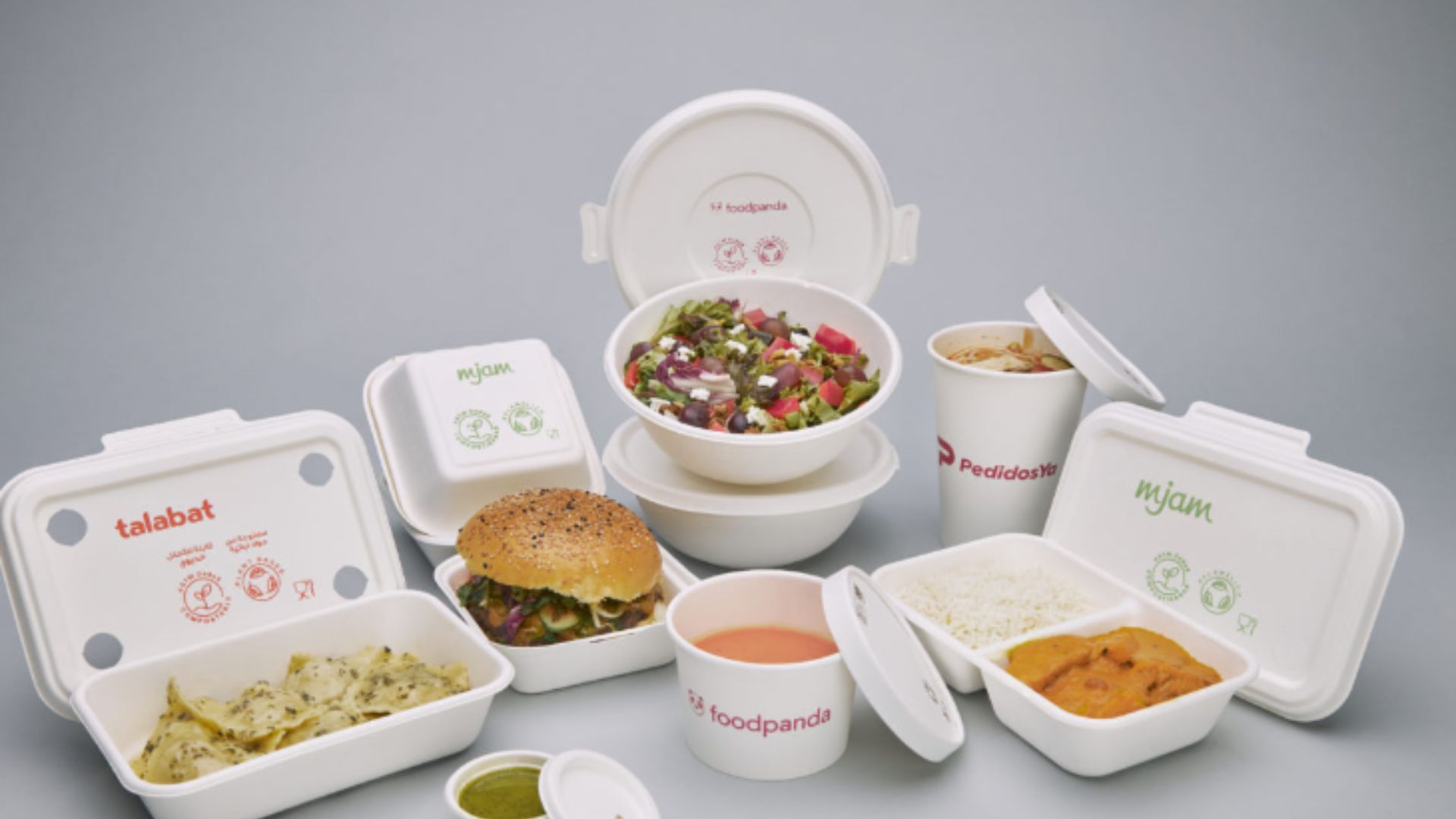Throughout history, food has been a central aspect of human civilization, shaping cultures, economies, and societies. From ancient times to the modern era, the history of food reflects the ingenuity, creativity, and resourcefulness of humanity in satisfying its nutritional needs and culinary desires.

Early Human Diet
In prehistoric eras, our ancestors, known as hunter-gatherers, depended on the resources nature provided for their survival. Their diets were dictated by factors like where they lived, what time of year it was, and the type of environment they inhabited. With limited tools and resources, they developed ingenious methods to procure and prepare food. This often involved roasting meat over open fires to make it more palatable and gathering a variety of fruits, nuts, and vegetables from their surroundings. These early cooking techniques laid the groundwork for the culinary customs that would later evolve as human societies progressed.
The Agricultural Revolution
Around 10,000 years ago, the introduction of agriculture revolutionized human existence. This pivotal moment saw the cultivation and domestication of plants and animals, allowing communities to transition from nomadic ways of life to settled agricultural societies. Staple crops such as wheat, rice, and maize emerged, providing reliable food sources for growing populations. As societies became more sedentary, people developed sophisticated cooking techniques and culinary traditions. This shift laid the foundation for diverse cuisines and food cultures to flourish around the world.
Cultural Exchange and Trade
As civilizations prospered and empires extended their influence, trade networks played a crucial role in connecting distant regions and cultures. The Silk Road stands out as a prime example of such networks, fostering the exchange of goods, ideas, and technologies between the East and the West. This extensive trade route facilitated the movement of various commodities, including precious spices, tea, silk, and innovative culinary techniques. As a result, diverse cultures were introduced to new ingredients and cooking methods, enriching their culinary traditions and shaping the global food landscape.
Colonialism and Globalization
The Age of Exploration during the Renaissance era spurred European powers to establish colonies and trade routes around the world. This era of colonialism led to the exchange of crops, livestock, and culinary traditions between the Old World and the New World. Foods like potatoes, tomatoes, and chilli peppers from the Americas transformed European cuisines. While European colonizers introduced wheat, coffee, and sugar to their colonies.
Industrialization and Food Technology
The Industrial Revolution brought significant changes to food production, storage, and distribution. Advances in technology, such as refrigeration, canning, and transportation, revolutionized the food industry, enabling mass production and global trade. Processed foods, convenience products, and fast food chains emerged, reshaping dietary habits and consumption patterns.
Modern Food Trends
In recent decades, shifting social, cultural, and environmental factors have influenced food trends and consumer preferences. Concerns about health, sustainability, and ethical sourcing have led to the rise of organic farming, farm-to-table dining, and plant-based diets. Additionally, globalization and immigration have contributed to the multiculturalism of modern food scenes, with fusion cuisine and cross-cultural culinary exchanges becoming increasingly prevalent.
Conclusion
The history of food is a rich tapestry woven from diverse ingredients, flavours, and traditions. From humble beginnings as sustenance for survival to a form of cultural expression and identity, food has played a pivotal role in shaping human history and civilization. By exploring the history of food, we gain insights into the interconnectedness of cultures, the impact of technological advancements, and the evolution of human tastes and preferences.
Through the lens of the history of food, we can appreciate the ingenuity, resilience, and creativity of generations past, while also reflecting on the challenges and opportunities that lie ahead in the ever-changing landscape of global cuisine.










